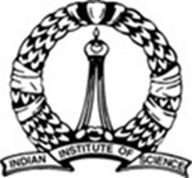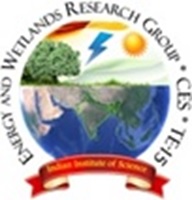 |
Energy Options for Uttara Kannada Prospects of Wind Energy
Prof. T V Ramachandra and Mr Ganesh Hegde
|
 |
Energy & Wetlands Research Group, Center for Ecological Sciences [CES],
Indian Institute of Science, Bangalore, Karnataka, 560 012, India
Web: http://ces.iisc.ac.in/energy,
http://ces.iisc.ac.in/foss
E Mail: emram.ces@courses.iisc.ac.in , tvr@iisc.ac.in ; ganesh@ces.iisc.ac.in
Corresponding Author: T.V. Ramachandra
Conclusion
Wind is one of the promising renewable sources which can substitute fast depleting fossil fuel sources. Wind energy potential in the district could meet the electrical energy consumption in the domestic sphere through decentralized generation and wind turbine driven pumps and can even decrease the dependency on grid supply for irrigation. Districts experience an annual average wind of 2.5 m/s to 3.0 m/s in all taluks which opens a wide range prospects for WECS installation. Hybridizing wind energy systems with other locally available resources (such as solar and bio energy) would assure a reliable energy supply for domestic and irrigation demands. Small and medium scale WEC systems are feasible for community-level installations which lead to a massive reduction in carbon dioxide emission.
Citation: Prof. T V Ramachandra and Mr. Ganesh Hegde, 2017, Energy Options for Uttara Kannada Prospects of Wind Energy, Energy Insights
|